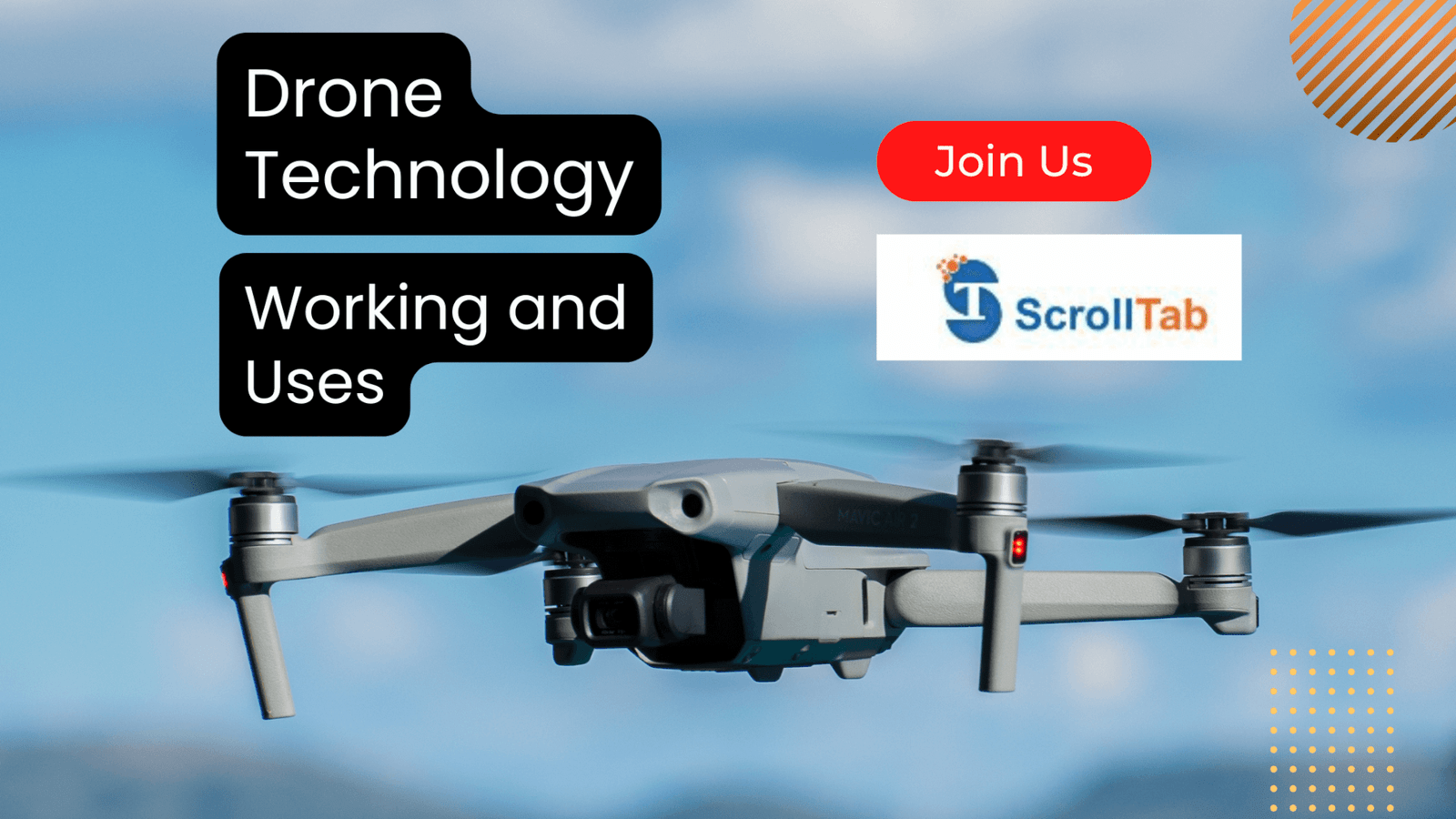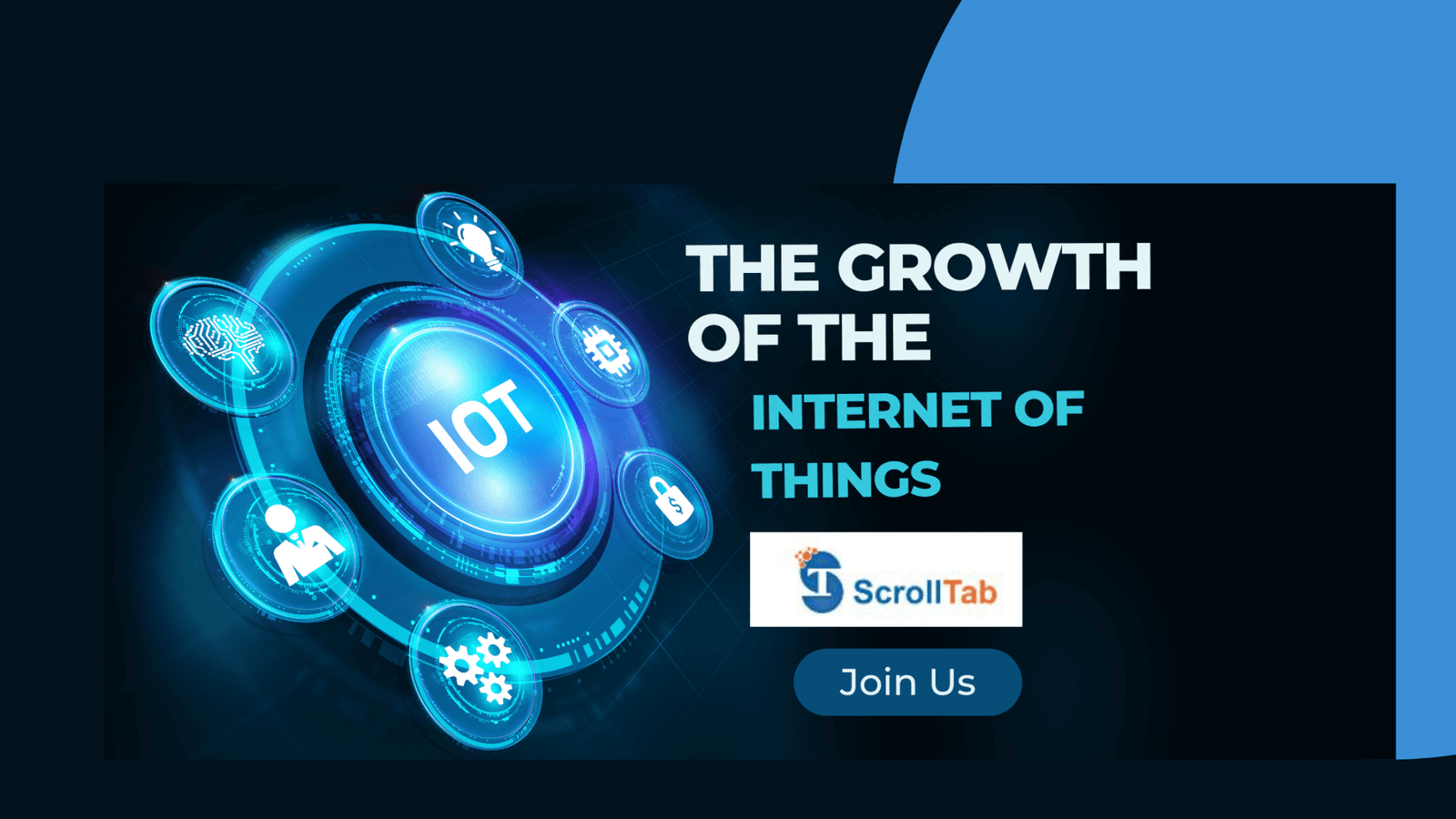Cyber security importance in healthcare
The patient’s health is the first priority in healthcare, and it is becoming more and more dependent on medical systems and technology. The more quickly a patient obtains the proper care in the proper setting with the proper tools, the better the odds of a successful outcome. Patient safety and privacy are also at danger from cyber-attacks on programmes, Personal Identification Information (PII), and Protected Health Information (PHI).
Loss of access to medical equipment and records can encrypt and keep files hostage, much like a ransomware attack. Private patient information may be accessed by the hacker and taken. Additionally, the attacker may change patient data mistakenly or on purpose, which could have a major negative impact on patients’ health.
Healthcare cybersecurity focuses on preventing attacks by defending systems from unauthorized access, use, and disclosure of patient data. The primary aim is to ensure the availability, confidentiality, and integrity of critical patient data, which, if compromised, could put patient lives at risk.
Why is healthcare such a frequent target?
1. Valuable information
Because they hold a lot of data that has a high financial and intelligence value to attackers, healthcare businesses are particularly vulnerable to cyberattacks. Financial information (credit, debit, and bank account information, etc.), the patient’s protected health history and information, social security numbers, and information linked to research and innovation are only a few examples of the critical and secret data that attackers value highly.
2.Ineffective technology and unwillingness to accept
All health organisations may not be able to adapt and maintain pace with medical technological advancements. System updates for hospitals are necessary so that all software is running the most recent version. However, companies will stop releasing upgrades as software becomes outdated.
It becomes difficult for employees to accept new technology even when medical organisations switch to more modern methods. Due to time restrictions from their primary jobs and a lack of resources, workers are not trained in these areas. This makes it simpler for hackers to initiate attacks against systems that are already exploited or are out-of-date.
By implementing cybersecurity measures, the likelihood of ransomware attacks can be minimized, protecting the infrastructure of the vital healthcare sector.
Prevention of cyber attacks
- Stay aware of current threats
- Take action to detect attack vulnerabilities
- Close potential attack routes by implementing cyber security measures to achieve more effective defence
Focus on Employee Security training
Cybersecurity experts use strong firewalls and other safeguards, but the human element still represents a vulnerability, as shown by the WannaCry hack.
System administrators must constantly warn all workers about harmful activity in order to reduce human error. This might involve anything from utilising infected devices and visiting malicious websites to downloading unauthorised software and using weak passwords.
Teach staff how to distinguish between valid and suspicious emails, threats, and websites so they can prevent phishing scams. (Using unfamiliar colours in logos or unfamiliar terminology are both red flags.) Training needs to be updated frequently or tailored for various staff groups.
Takeaway
A safe and adaptable option for backup and storage of healthcare data is the cloud. Additionally, it gives the option to grow resources as needed, which can significantly improve how healthcare organisations handle their data.
The availability of patient records is guaranteed by cloud-based backup and disaster recovery solutions, even in the event of a breach or outage. These solutions can deliver the required level of security when used in combination with the choice to restrict access to data.
A healthcare institution can store data in the cloud without making significant investments in the necessary infrastructure. Because there is no need for hardware purchases, HIPAA Compliant Cloud Storage offers for significant IT expense reductions. Additionally, it adds a new level of adaptability when an institution’s needs for data storage change.











